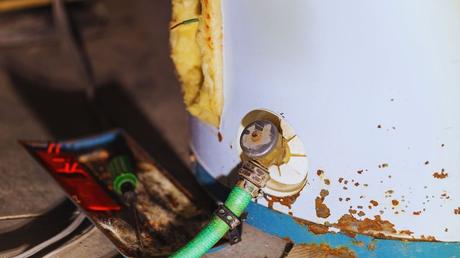
Last Updated on November 14, 2024 by Kravelv
When the clock struck midnight, the temperature in Lynbrook had dropped to a brutal 18°F, and the Callahans were tucked under blankets when they heard it-a strange clunking noise from their basement heater. Suddenly, the heat went out, and their cozy night turned into a race against the cold. That's when Reggie and Pierre, co-owners of P-Aire HVAC, got the call.
Why Heating Systems Fail in Winter's Worst Moments
Most people don't realize how much strain a heating system endures until it breaks down. Often, it's the freezing nights and constant use that push a system beyond its limits. For the Callahans, their heater's issue stemmed from something simple but powerful: a lack of airflow and a dust-clogged motor that forced the unit to work overtime. It's a situation P-Aire HVAC has seen all too often-small, preventable problems adding up to a big freeze.
What Can Homeowners Do to Prepare?
Pierre took a look inside the heater and immediately knew the signs. Over the years, dust, dirt, and wear-and-tear on even small components can snowball into costly repairs. For most homeowners, though, these invisible issues only come to light when the system fails. P-Aire HVAC recommends regular fall inspections to clear out these hidden culprits and keep the heat flowing all winter long.
Reggie's Pro Tip: A Small Fix Makes a Big Difference
With a simple replacement of filters and a few adjustments to the motor, Reggie and Pierre got the Callahan's heat back within an hour. It was a reminder that small preventive measures-cleaning filters, checking motors, and clearing ducts-can make all the difference when the cold hits.
As the Callahans' home warmed up, they breathed a sigh of relief, grateful for the speed and expertise of P-Aire HVAC. So, before winter's next chill arrives, remember that keeping your home safe and warm starts with a little care. Make sure your HVAC system is up to the task-it just might save you from a midnight freeze.
